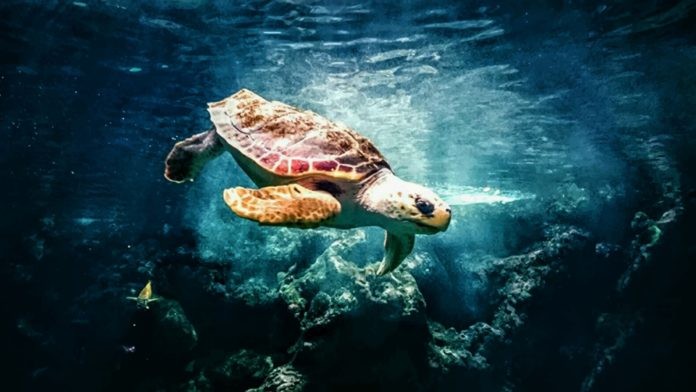No, you haven’t read the headline wrong. According to new research published in the journal “Global Change Biology,” every single turtle examined for a study in the Atlantic, Pacific and Mediterranean had microplastics in its stomach.
The research examined over 100 specimens, from all seven species of turtles, and was conducted by scientists from Greenpeace Research Laboratories and the University of Exeter and Plymouth Marine Laboratory. Researchers found more than 800 particles in the turtles’ stomachs. However, researchers warned that the actual number is probably far higher since they only examined a portion of each animal’s gut.
The research was conducted through necropsies on the bodies of turtles which were caught by accident in North Carolina, Northern Cyprus and Queensland, Australia.
According to the study author, professor of conservation science at the University of Exeter Brendan Godley:
“The ubiquity of the presence of the particles and fibers underlines the gravity of the situation in the oceans and our need to proceed with firm and decisive action on the misuse of plastics.”
Addressing the issue of plastic pollution in our oceans, David Santillo, Greenpeace Research Laboratories liason at the University of Exeter stated:
“The threats to turtles from entanglement in fishing gear and choking on larger pieces of plastic are well known, but the fact that every turtle investigated in this study, across three different oceans, contained microplastics in their guts reveals yet another, previously hidden, dimension to the problem of plastics pollution.”
You can find the study here.

